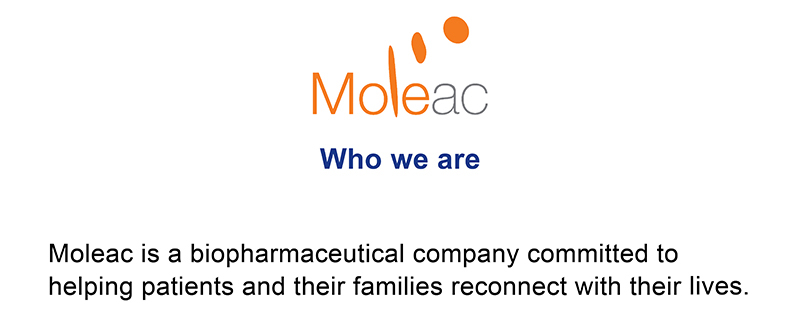

Having a stroke takes a severe toll on your body. With your brain losing control of many key functions, it essentially forces you to relearn basic abilities from the start.
Rehabilitation and recovery can be a long and gruelling journey, requiring lots of energy from the patient – leading to post-stroke fatigue. People who have suffered from a traumatic brain injury can also experience fatigue as they go through their recovery process.


Post-stroke fatigue occurs when a patient feels lethargic or tired after even just doing simple tasks. It isn’t a normal tired feeling though. It is a distinct lack of energy that occurs even if the patient gets a normal amount of sleep or doesn’t exert much energy.1
It comes as the brain feels overloaded trying to rely on fewer neurons than usual or is busy trying to build new neural connections through neuroplasticity whilst performing a wealth of other tasks. This causes the need for excess naps or sleep outside of the usual nighttime hours.
Post-stroke fatigue is common with up to 80% of stroke patients experiencing it during their recovery phase.2 And about 40 to 50% of the patients describe it as one of their biggest challenges they face during their recovery.2 So how can post-stroke fatigue be managed?


When it comes to managing post-stroke fatigue, there are useful ways in which you can help alleviate the condition to some extent.
You can manage this though by basing the day around three main principles – pace, plan and prioritize.
The 3 P’s can be achieved this way:
- Pace yourself to see what you can do without feeling fatigued.
- Plan ways on what you want to do and how it can be reasonably achieved without exhaustion.
- Prioritize important tasks and which ones should be your primary focus for the day.
Doing this not only helps manage post-stroke fatigue symptoms but also lets the brain focus on critical tasks without being overloaded. Focussing on just a few things within a reasonable time frame lets the body preserve the energy needed for another time.
It is also recommended to work with rehabilitation specialists who could help manage any fatigue symptoms. Consulting with your physical therapist will help you find exercises that are not too demanding and tailored to your energy levels.4
Alongside that, psychiatrists and psychologists can work with you emotionally to find ways to sleep better and manage your mood to reduce the severity of your fatigue.


Handling post-stroke fatigue is not easy at any time. It is important to take it things at a reasonable pace and allow you to move forward at a speed that suits your recovery. This way, you can find the energy needed to propel forward in your recovery and start to feel like your old self once again.
Managing energy is key to beating fatigue!
References:
1. Fatigue After Stroke. Stroke Association United Kingdom, 2012.
2. Paciaroni, M., & Acciarresi, M. (2019). Poststroke Fatigue. Stroke, 50(7), 1927–1933. https://doi.org/10.
3. Understanding Post Stroke Fatigue. Neurolutions, Inc, 2023.
4. Post Stroke Fatigue. Heart and Stroke Foundation of Canada, 2019.

Website: Moleac.com
Contact: [email protected]
This document does not constitute the practice of medical consultation nor medical advice. Always seek the advice of your treating physician and/or specialist.
All Rights Reserved by Moleac Pte Ltd, Helios #09-08, 11 Biopolis Way, Singapore 138667






